Developing Concentration Addition Worksheets for Ages 3-5
5 filtered results
-
From - To
At Kids Academy, our "Developing Concentration Addition Worksheets for Ages 3-5" are expertly designed to nurture early math skills and enhance focus. These fun and engaging worksheets provide young learners with simple, visually-appealing addition problems that capture their interest and sustain their attention. Tailored to suit the developmental needs of preschoolers, our worksheets incorporate vibrant imagery and interactive elements to make learning arithmetic a delightful experience. By combining educational rigor with play-based techniques, we help children build a strong mathematical foundation while simultaneously improving their concentration and problem-solving abilities. Accessible and free to download, our resources make early math engaging and effective.
Developing concentration and addition skills in children aged 3-5 is pivotal for laying a strong foundation for future learning and cognitive development. At this early stage, children's brains are incredibly receptive to new information and skills. By fostering concentration, we enable them to focus on tasks for longer periods, which is crucial for successful learning in school and everyday activities.
Enhanced concentration helps children absorb information more effectively and develop problem-solving skills, patience, and resilience. It allows them to engage deeply with activities, promoting curiosity and a love for learning. These cognitive benefits extend to mastering addition, a fundamental math skill. Learning to add lays the groundwork for more complex mathematical concepts and helps develop logical thinking.
For parents and teachers, encouraging concentration and addition practice through fun, age-appropriate activities like games, puzzles, and interactive play can make learning enjoyable and fulfilling. By integrating these skills early, children can develop a strong mathematical sense and better focus, equipping them for academic challenges ahead. Overall, nurturing these skills fosters a well-rounded development, setting the stage for lifelong cognitive and academic success.
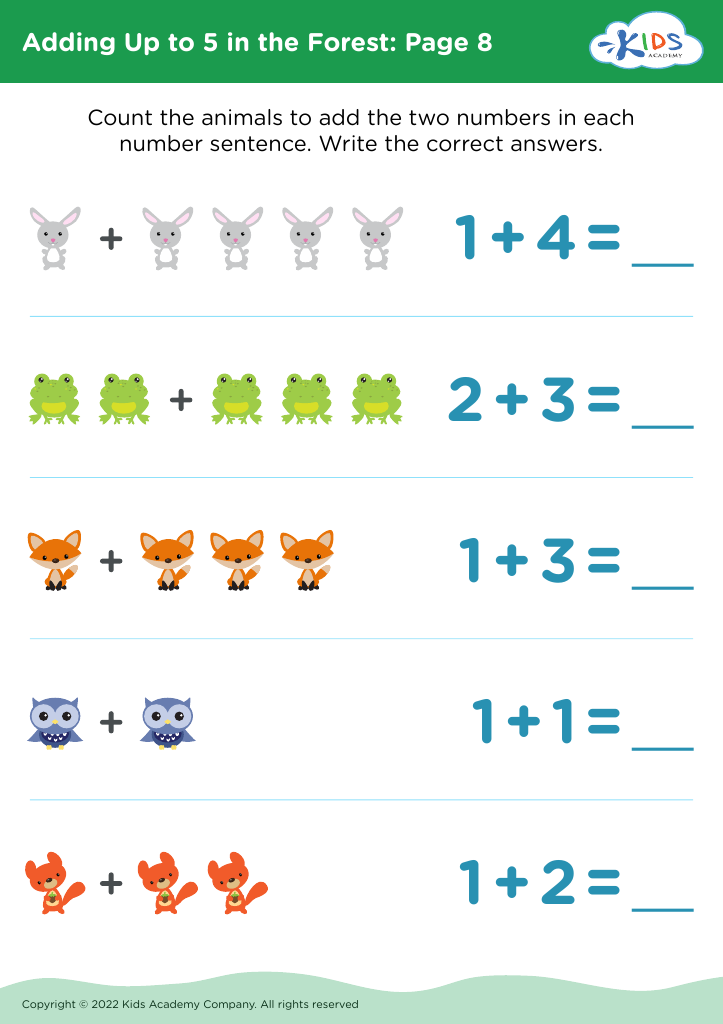

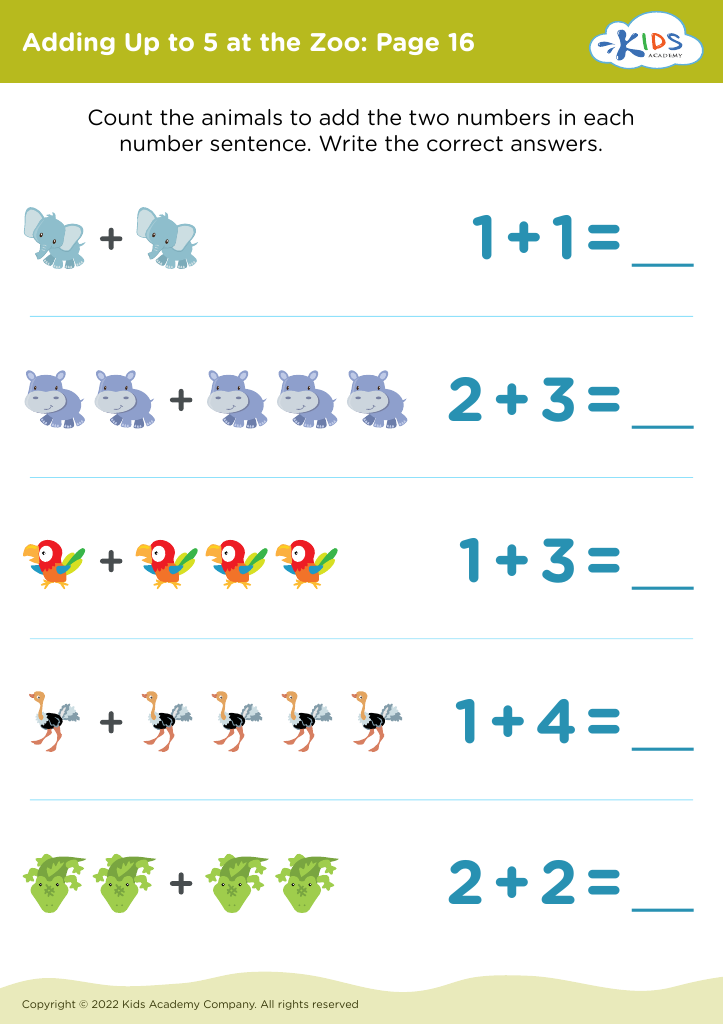
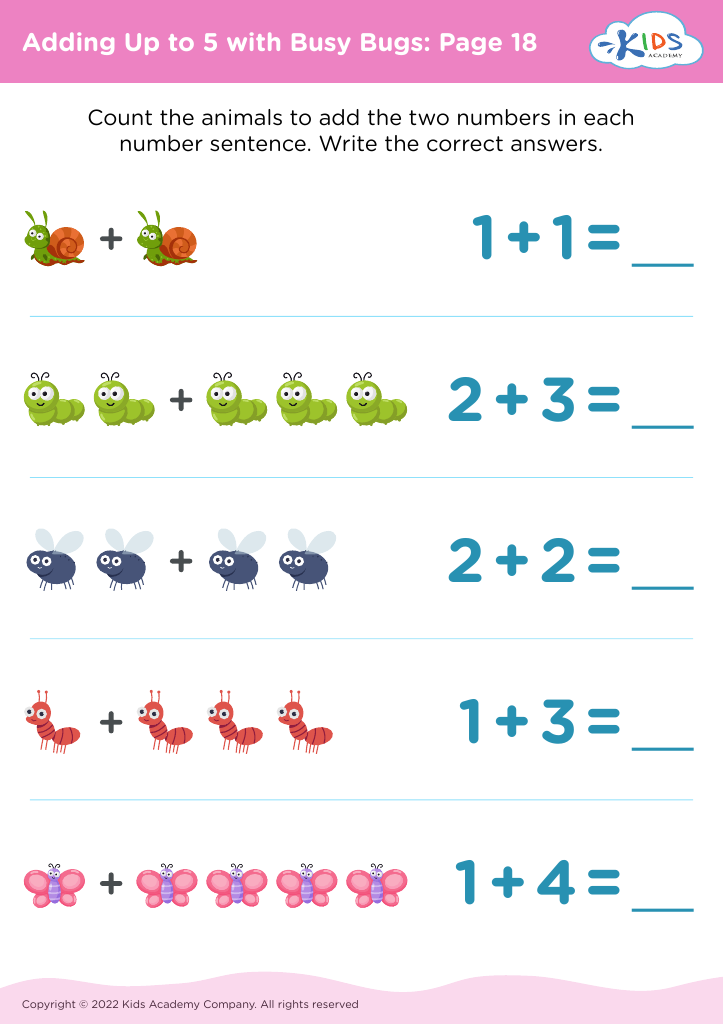
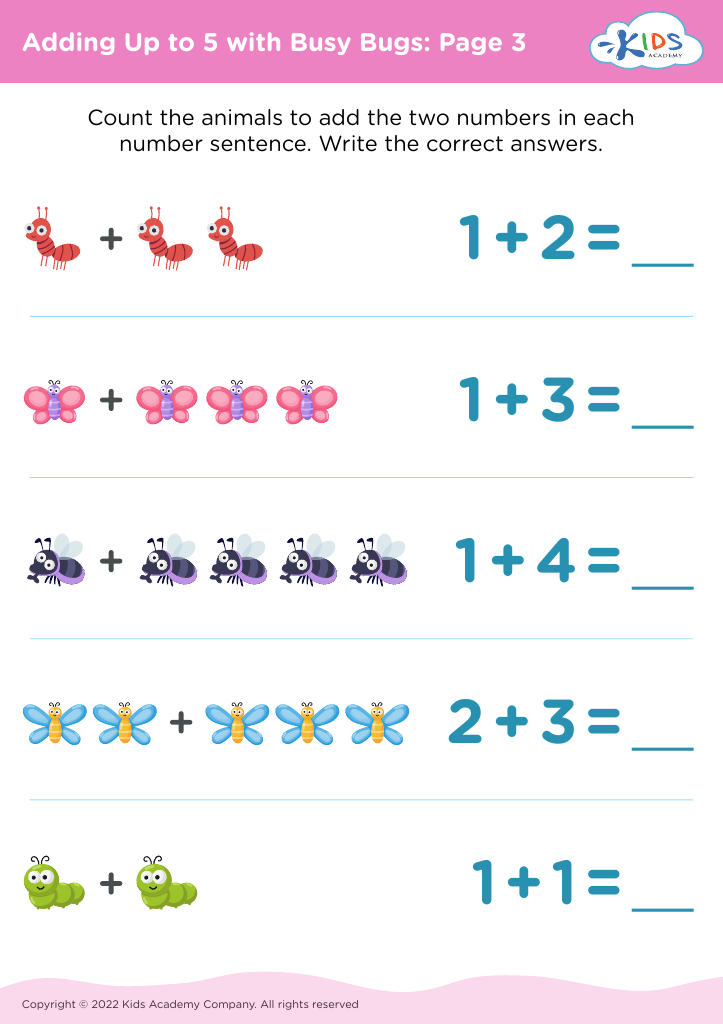
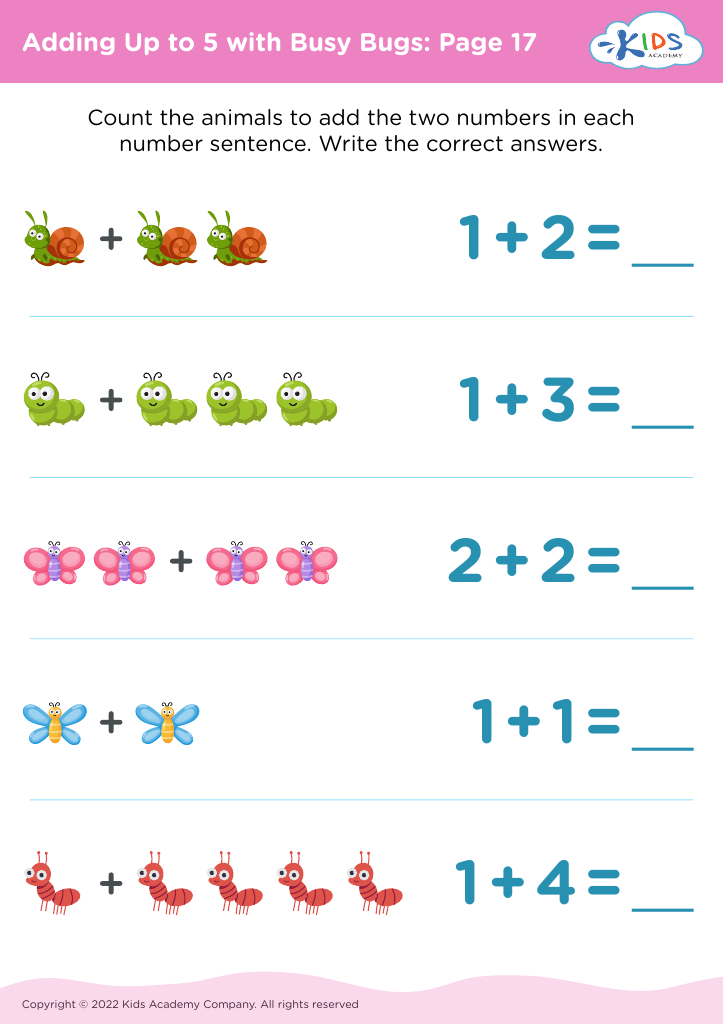




.jpg)















